Courtesy of the Nashville Health Care Council
The Nashville Health Care Council today released an economic impact study, completed in partnership with the Business and Economic Research Center (BERC) at Middle Tennessee State University, to examine the local health care industry and its impact on the regional and national economy. The report, a follow-up to one commissioned in 2010, shows significant growth in terms of the financial scope and geographic reach of Nashville’s health care industry over the past five years.
The health care industry contributed $38.8 billion to the region’s economy in 2014, according to the findings. That number, which accounts for direct, indirect and induced business revenues, marks a 32.9 percent increase from the 2010 study. The study also shows Nashville’s health care industry accounted for 249,345 local jobs in 2014, up 18.14 percent compared the previous study.
The study’s findings also show Nashville’s tremendous impact on the national and worldwide economy. The city’s 16 publicly traded health care companies* employ more than 500,000 people globally — more than three times any other city’s public health care cluster. These 16 companies* see a combined revenue of $73 billion each year.
“The importance of the health care industry to the Middle Tennessee region cannot be overstated, and this study proves what a tremendous impact the industry is having not only on a local level, but across the country and even across the world,” said Nashville Mayor Karl Dean. “Our health care community has grown throughout the recent economic slowdown, and thanks to the $38.8 billion impact to our local economy, Nashville has been able to grow too.”
Nashville’s industry concentration ranks it above 13 similar metropolitan statistical areas, including Atlanta, Birmingham, Dallas, Denver and Indianapolis, based on the number of publicly traded health care companies, industry revenues and employment. Nashville ranked second out of 13 in overall business climate.
“Nashville’s role as the center of our nation’s health care industry is most apparent when looking at the sheer number of jobs across the country that are created by this community,” said Bill Gracey, chairman of the Council board and president and CEO of BlueCross BlueShield of Tennessee. “The city serves as the international health care epicenter and headquarters to leading companies from many diverse sectors, including ambulatory services, hospital management, long-term care, behavioral health, academic research and more.”
Health care employment growth in the Nashville MSA outpaced Tennessee and the nation yet again, accounting for 25.6 percent of the Nashville MSA’s nonfarm employment in 2014.
In addition to analyzing the economic impact of Nashville’s health care industry, the study included a survey of CEOs from Council member organizations.
“Looking beyond these staggering figures, you simply cannot quantify the entrepreneurial spirit and collaborative mindset that propel Nashville’s dynamic health care network,” said Hayley Hovious, Council president. “Ninety-five percent of Nashville Health Care Council member CEOs surveyed reported that a headquarters in Nashville is important to their company’s positive performance. They also indicated a confidence index of 71 out of 100 for Nashville’s economy, significantly higher than the national outlook.”
The economic impact study shows marked increases across the board for the Nashville health care industry since the previous study, which was published in 2010.
Key Study Findings of the Nashville Health Care Industry:
Economic Impact
- The Nashville health care industry contributes an overall economic benefit of $38.8 billion to the local economy annually, an increase of 32.9 percent from the 2010 study.
- The health care industry is Nashville’s largest employer, accounting for 249,345 total jobs in 2014, up 18.14 percent compared to the previous study.
- Sixteen publicly traded companies are located in Nashville, providing 500,000 jobs and $73 billion in revenue globally.*
- Nearly 400 health care companies have operations in Nashville and work on a multi-state, national or international basis. Additionally, Nashville is home to more than 400 professional service firms that provide expertise in the health care industry, according to Nashville Health Care Council data.
- Every $100 of health care cluster spending generates an additional $70 in business revenues.
- The Nashville health care industry cluster accounts for an estimated $1.5 billion in state and local taxes.
- The Nashville health care industry cluster includes 4,027 establishments, up 12.4 percent from the previous study.
- The health care industry cluster accounted for nearly 9 percent of Tennessee’s and 25.6 percent of the Nashville MSA’s nonfarm employment in 2014.
- The Nashville health care industry generated $21.03 billion in personal income for the local economy in 2014, up 18.14 percent from the 2010 study. Of this, every $100 of personal income generated an additional $34 in the local economy.
Nashville Health Care Council Members
Council member companies were surveyed and profiled in order to gain an up-to-date and accurate picture of the Council membership.
- A survey of Council member CEOs shows great confidence in the Nashville market; 95 percent indicated that a Nashville headquarters location is important to their company’s positive performance. That number replicates the 2010 study’s findings.
- In 2014, Council member companies reported $214,651,900 in philanthropic contributions in the Nashville MSA.
- Council member companies employ 628,044 people globally with total revenue of $144 billion.
- Council members directly employ nearly 96,000 people in Nashville, up 37 percent from 2010.
- Total Nashville-based payroll of the Council member companies is $8.2 billion, an increase of 40 percent from 2010.
- Council member companies pay an average annual wage of approximately $84,461, substantially higher than the average nonfarm wage in the area.
- More than 62 percent of Council member CEOs believe that health information technology is the most promising health care sector for growth.
The 2015 report, authored by Dr. Murat Arik, director of the BERC at the Jones College of Business at Middle Tennessee State University, examined core clinical providers – which include ambulatory services, hospitals, and nursing and residential care facilities operating locally – and the greater health care industry cluster that encompasses these clinical providers and other related health care companies such as health care services management, managed care, life sciences and professional services firms that operate on a local, national or international basis.
View the entire report here.
*The BERC study measures 2014 data, which included 15 publicly traded health care companies based in Nashville. Currently, Nashville is headquarters to 16 publicly traded health care companies, and this release reflects the new number of companies.




